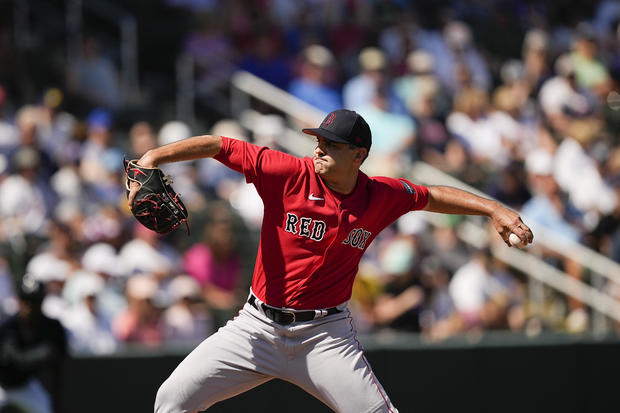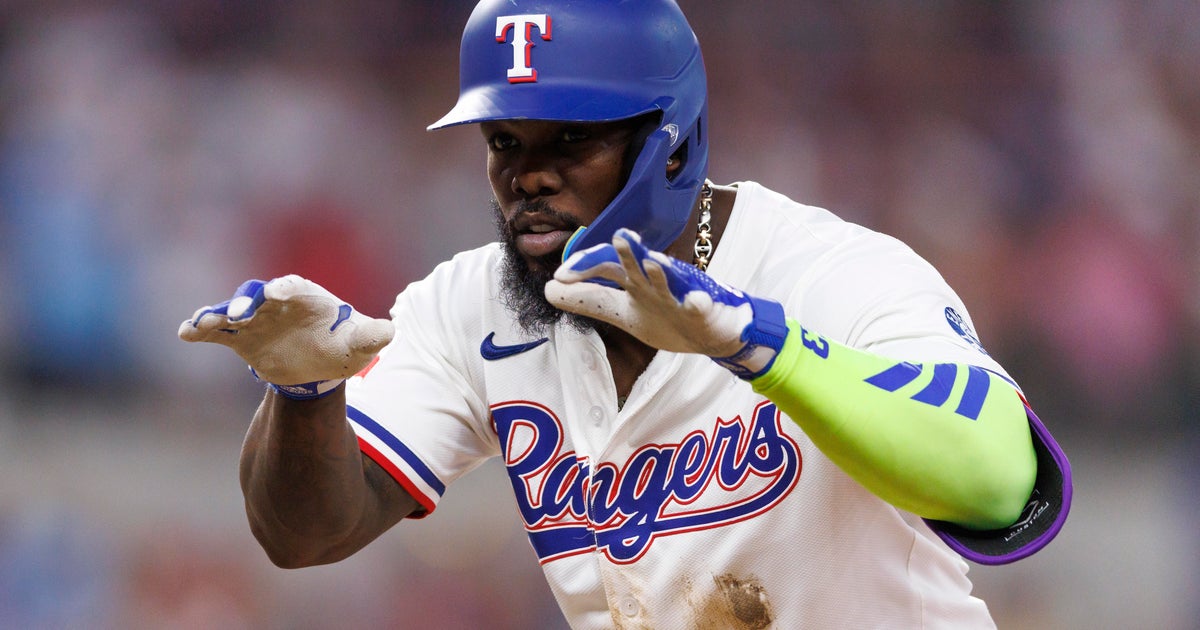An MLB first: Braves lose to Red Sox on pitch clock violation
Cal Conley of the Atlanta Braves thought he had just won the game with a two-out, bases-loaded walk-off walk on Saturday. He took a few steps toward first base, bat still in hand, when umpire John Libka jumped out from behind the plate and indicated strike three.
Game over. Conley couldn't believe it. Neither could his teammates. Fans booed.
Welcome to 2023, where baseball's new rules designed to improve pace of play are coming fast at everyone, particularly the players.
The most dramatic moment of the new pitch clock era arrived on the first full day of spring games, and in the most dramatic scenario possible. Conley, facing reliever Robert Kwiatkowski of the Boston Red Sox, wasn't set in the box as the clock wound under eight seconds.
The penalty is an automatic strike, which led to the game at North Port, Florida, finishing in a 6-6 tie. Kwiatkowski got the strikeout after throwing only two real strikes.
It was a more dramatic moment than when San Diego Padres slugger Manny Machado on Friday became the first player to draw a pitch clock violation when he was called for an automatic strike in the bottom of the first inning against Seattle because he wasn't set in the box in time.
The pitch clock is one of the new rules designed to speed pace of play. Players will have 30 seconds to resume play between batters. Between pitches, pitchers have 15 seconds with nobody on and 20 seconds if there is a baserunner. The pitcher must start his delivery before the clock expires. After a pitch, the clock starts again when the pitcher has the ball back, the catcher and batter are in the circle around home plate, and play is otherwise ready to resume.
Jim Bowden, a baseball analyst for CBS Sports HQ, and a former general manager for the Cincinnati Reds and Washington Nationals, told CBS News Friday that it would likely be a big adjustment for some pitchers. He explained that the pitch clock has already been instituted in the minor leagues for the past few seasons, and that it was found to be a success.
"I think there might be some growing pains the first few weeks of April when the season starts," Bowden said. "But I think by May, I think most pitchers will be in a rhythm, and it will not be a factor."






